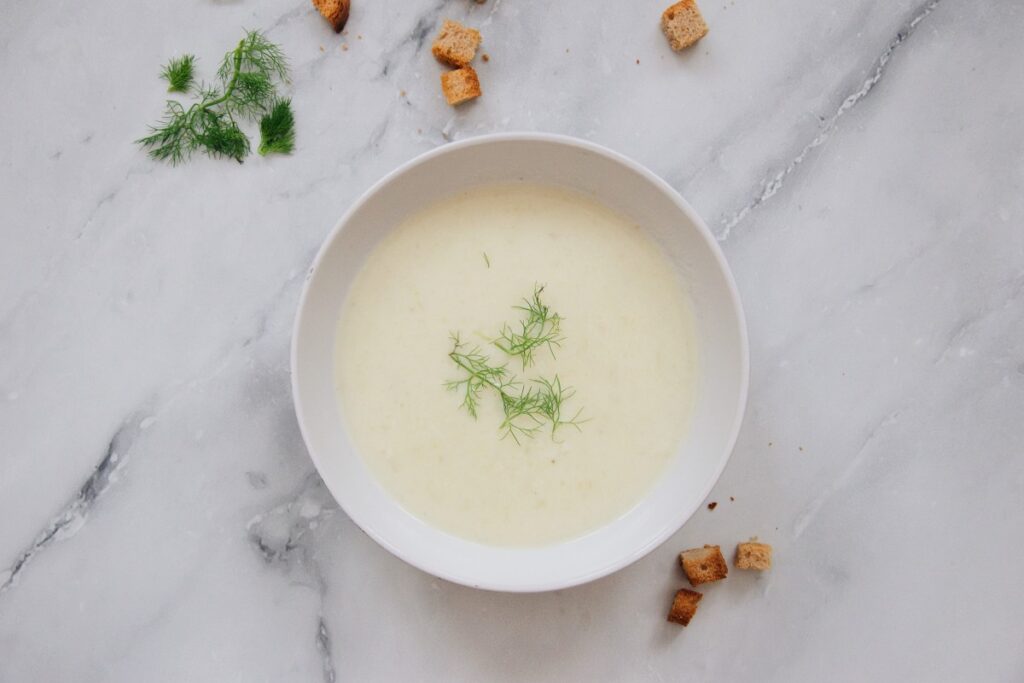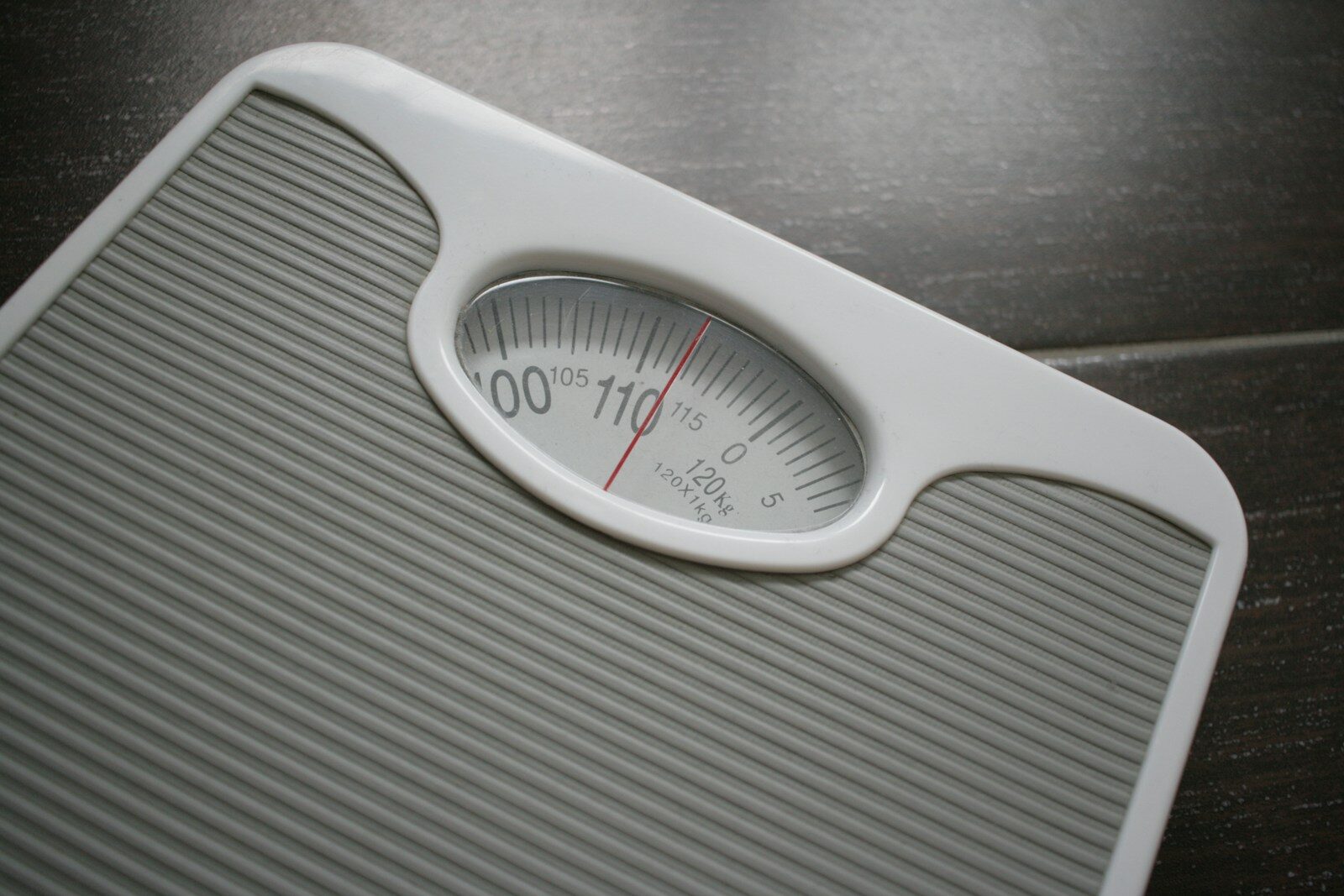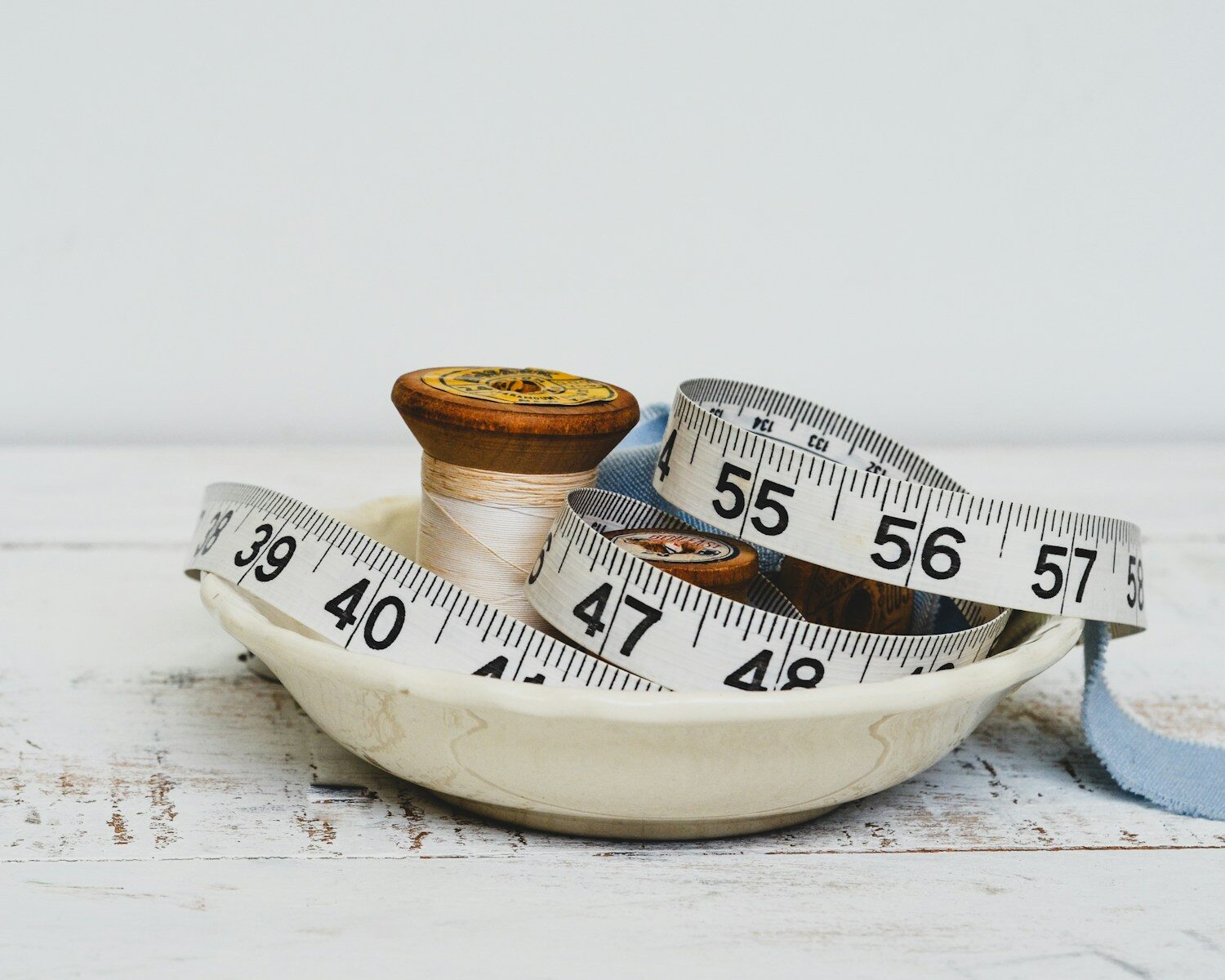The journey toward weight loss is not an easy one, even if you’ve undergone bariatric surgery. There are many things you must be mentally and physically prepared for, including following a soft diet after surgery.
This diet is necessary for bariatric patients to help their bodies adjust to the changes of the procedure. Additionally, this diet plan comes in phases and must be strictly followed to avoid any complications.
So, what are these post-bariatric soft diet plans that you have to go through shortly after the procedure? Keep reading below to be guided with what you should eat throughout your recovery period.
What is bariatric surgery?
Bariatric surgery is offered to people with obesity who have tried other weight loss methods without success. This involves changing the digestive system by restricting the amount of food you can eat or changing how your body absorbs nutrients.
Depending on the type of procedure, patients can go through either surgical or non-surgical methods, which typically include:
- gastric bypass
- sleeve gastrectomy
- adjustable gastric band
- gastric balloon
- duodenal switch
While weight loss surgeries can significantly reduce a person’s weight, making healthier lifestyle changes is necessary for continuous long-term results. This procedure shouldn’t be taken as a one-time solution to weight problems but rather as a helpful tool instead.
Why do bariatric patients have to follow a soft diet?
A soft diet after surgery is an essential part of the recovery process that all bariatric patients have to go through. Since bariatric surgery involves inserting devices or altering the size and shape of the stomach or intestine, the digestive system needs time to heal and adjust to these changes.
Eating solid foods too soon after surgery can put a strain on the digestive system and cause discomfort. On the other hand, soft foods are easier to digest, thus allowing patients to focus more on their recovery.
Post Bariatric Surgery Diet Plan

The soft diet plan is designed to help patients gradually progress from a liquid diet to a solid one. However, it is important to note that the duration of this diet may differ slightly depending on the patient’s individual needs and the procedure they went through. Nevertheless, the stages and recommended meals of these diet plans are mostly similar.
If you’re feeling uncertain about the information you’re reading online, rest assured that your doctor or nutritionist will provide you with the most effective plan after your surgery. Typically, there are four stages that you will need to follow after bariatric surgery, which include:
Phase 1: Liquid Diet
Recovering from surgery can be a challenging experience, especially when it comes to adjusting to a new diet. Doctors often recommend a liquid diet for the first few days or weeks after surgery to help your stomach adjust and recover.
Clear liquids like water, broth, and unsweetened juice are ideal options as they are easy to digest and provide essential nutrients to the body. However, it is important to start with small sips initially to let your stomach adjust to the new procedure.
Additionally, choosing smooth liquids with no lumps and rich in protein can help keep you hydrated without causing too much discomfort.
Phase 2: Puree Diet
After your stomach has settled to the clear liquid diet, you can now move on to having a puree diet at weeks 3 and 4 post-surgery. These pureed foods should be strained and mashed to maintain a smooth texture.
Some foods you can puree are:
- fish
- meat
- egg
- cereal
- fruits and vegetables without seeds
- cream soups
It is recommended to have around 4 to 6 puree diet meals daily, depending on your needs. However, eating slowly and taking intervals after each meal is crucial to avoid upsetting your stomach. Overeating should also be avoided as it can hinder your recovery and cause negative side effects.
Phase 3: Soft Diet
The third phase of the soft diet after surgery is usually followed during weeks 5 to 6. Similar to pureed foods, you can consume soft food that is easily mashed with a fork or spoon. Ensure to continue drinking at least 1.5 to 2 liters of water daily before and after each meal to stay hydrated.
Moreover, you have to pay attention to the nutrients you’re consuming. Strive to maintain a balanced and nutritious diet that includes protein, carbohydrates, vegetables, and fruits. By achieving a balanced diet, you can successfully shed excess weight and improve your overall health.
Phase 4: Solid Food
Finally, after weeks of being on a liquid and soft food diet, it’s time to transition back to regular food. About eight weeks after the surgery, you can gradually reintroduce solid food that is low in fat and sugar.
Be mindful, though, about your food choices going forward. Now that you can eat a regular meal again doesn’t mean that you have to go back to your diet before you had surgery. Instead, start selecting more nutritious and healthier options while practicing eating in moderation.
It’s also essential to introduce new foods gradually to avoid any digestive issues. Remember that it’s been weeks since you’ve eaten solid food, so take it slow and be cautious. Some foods that may cause you problems initially are:
- bread
- sweetened and carbonated drinks
- fried foods
- nuts and seeds
- spicy foods
- fibrous vegetables
- tough or red meats
New Eating Habits Recommendations
After surgery, it’s important to adopt healthy eating habits to help you recover and reach your weight loss goals. To keep you on track, your doctor and nutritionist will suggest you practice the following habits:
Drink and eat slowly
After bariatric surgery, it is advised that patients consume food and liquids slowly to prevent dumping syndrome. Due to the changes made to your digestive system, it is important to establish a new eating routine that includes having intervals whenever you drink or eat.
To ensure proper digestion, it is recommended that you take at least 30 minutes to eat your meals and then wait for an additional 30 to 60 minutes before drinking any liquids. While you may choose to drink before or after eating, adhering to the recommended time intervals is crucial.
Chew food thoroughly
Eating slowly and chewing your food thoroughly is not only important to avoid overeating, but it also helps prevent blockages in your digestive system. It is crucial to ensure that the food is carefully chewed before swallowing to aid in smooth digestion.
If there are chunks of food stuck on your not-yet-fully recovered stomach, this could prevent the food from going through the intestine. As a result, you may feel abdominal discomfort or pain, nausea, and even vomiting.
Eat protein-rich foods
Why is protein important for your diet? Aside from its multiple health benefits, foods that are rich in protein can help you feel more full quicker. This, in turn, will reduce your cravings and desire to eat late at night.
Examples of protein-rich foods include:
- eggs
- dairy products
- fish
- poultry
- meat
The amount of protein you need each day after bariatric surgery will depend on a few different factors, such as your weight and activity level. So make sure to consult with your doctor on how best you can achieve your weight loss goals.
Final Thoughts

A soft diet after surgery is crucial for patients to recover fully without any issues. It helps the body adjust to the changes made during the procedure and ensures that no complications arise.
While the journey toward weight loss may not be easy, changing your attitude towards food is a necessary step to achieving long-term success. So start your journey now and eat healthily to live your best life.



